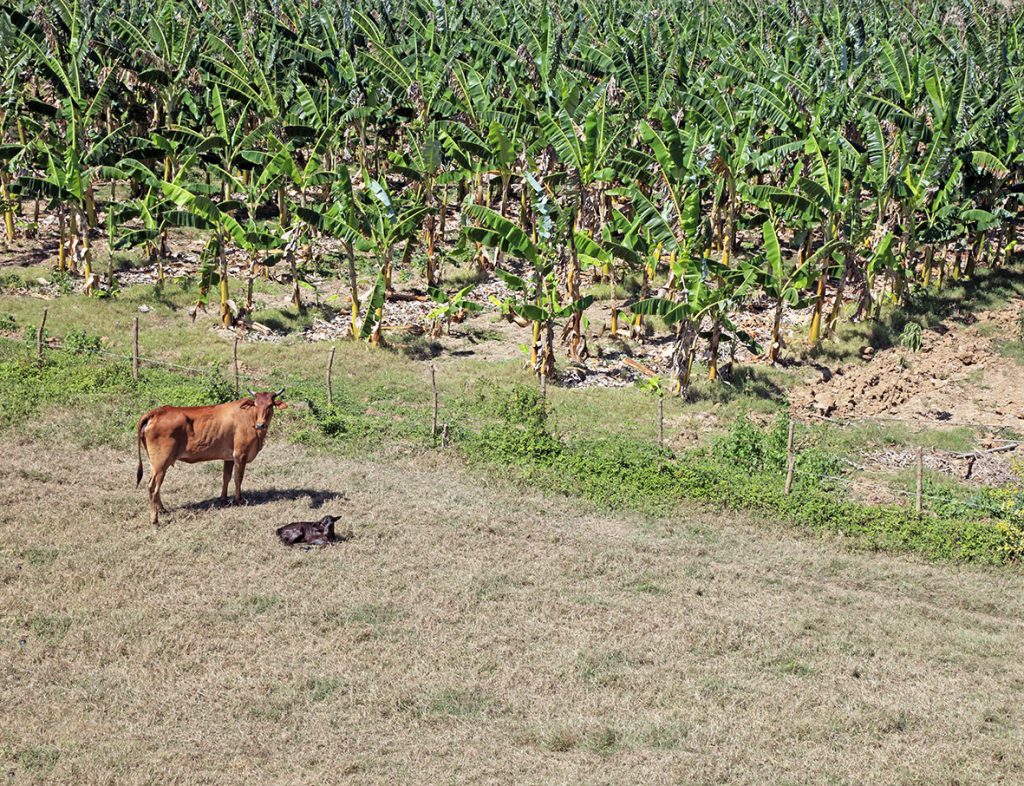
Deanna Belbin, Biosecurity Queensland
Did you know you there are alternative farming options available for Panama TR4 affected land?
If you want to grow crops other than bananas or raise livestock on a parcel of land that has been confirmed with Panama TR4, Biosecurity Queensland can help.
To minimise the risk of disease spread, we’ll conduct a risk assessment to determine if the parcel of land could be contaminated with Panama TR4.
This is achieved by firstly visiting the site to check its proximity to the Panama TR4 infestation and by taking into account factors such as previous use of the land and its possible exposure to Panama TR4 through activities such as movement of people and/or machinery.
We’ll then assess whether the land could have been contaminated by Panama TR4. Once the level of risk is determined, the land will be classified as either clean or dirty.
• Clean land means the risk of Panama TR4 is negligible and the land will be designated as a clean and become part of the farm’s clean zones.
• Dirty land is considered at a higher risk of contamination by Panama TR4 and the land will become part of the farm’s dirty zones. Dirty zones are subject to more stringent biosecurity requirements.
There’s a list of requirements written in the farm’s Notice of presence of Panama disease tropical race 4 that have to be met. These can vary depending on the farm and the farm situation. We’ll work with you to tailor the requirements to your farm, while making sure adequate levels of biosecurity are in place to protect your farm and the wider industry.
Check out our mixed farming fact sheets ‘Managing the risks’ and ‘Grazing Cattle with Panama TR4’ in the online grower kit at biosecurity.qld.gov.au
